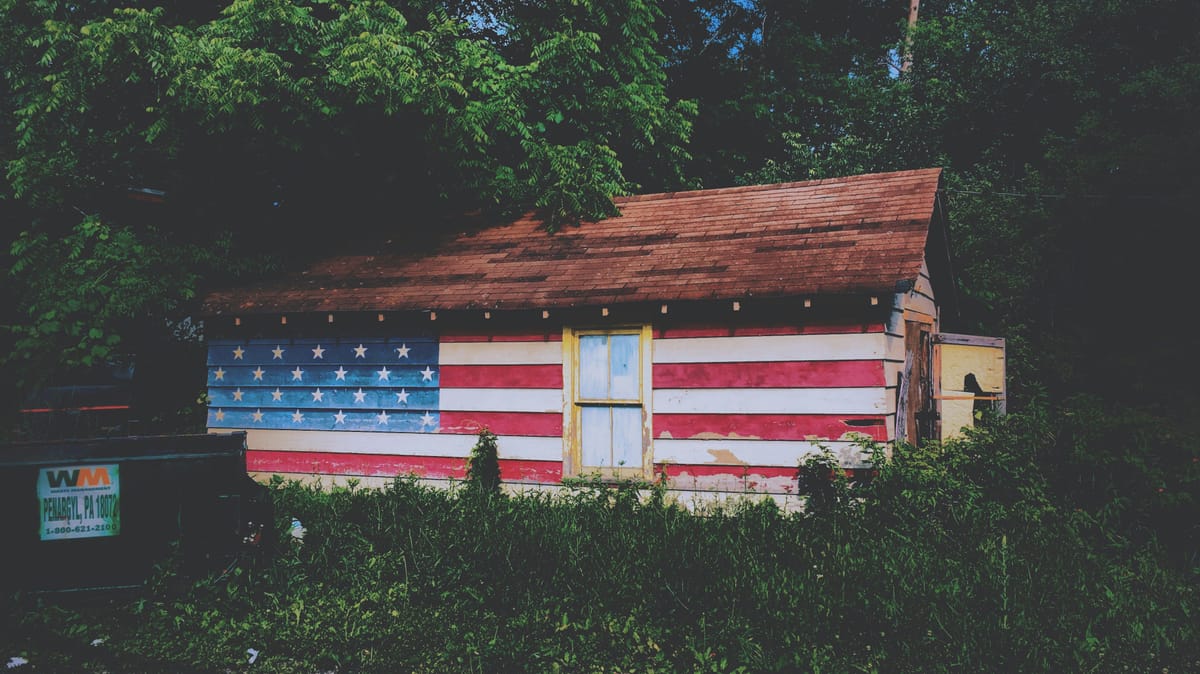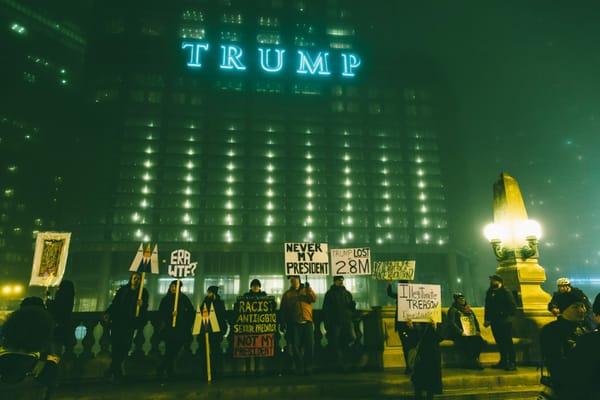The federal government shutdown hurts the South a lot more
When it comes to health care, which is what the federal government shutdown is about, some states will bleed. The South will gush.

In the days and weeks to come, as the federal government shutdown lingers, the political parties in America will huddle in back rooms and look at the numbers.
The point of these meetings will be to assess who's getting blamed for this shutdown, which marks the 15th time since 1981 that Republicans and Democrats have failed to reach an agreement on keeping the government open.
It's a political debate, one that will probably determine which side caves in the end. But there's no real debate about who the shutdown hurts more, or who has more at stake.
It's the South.
The irony is rich, and uniquely American.





